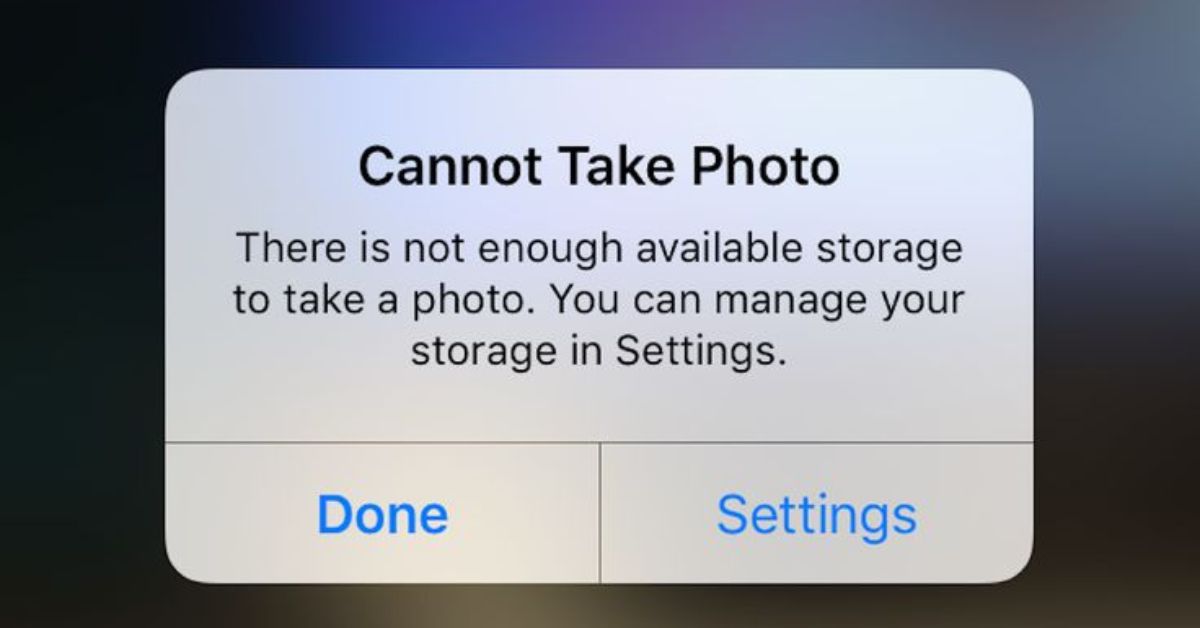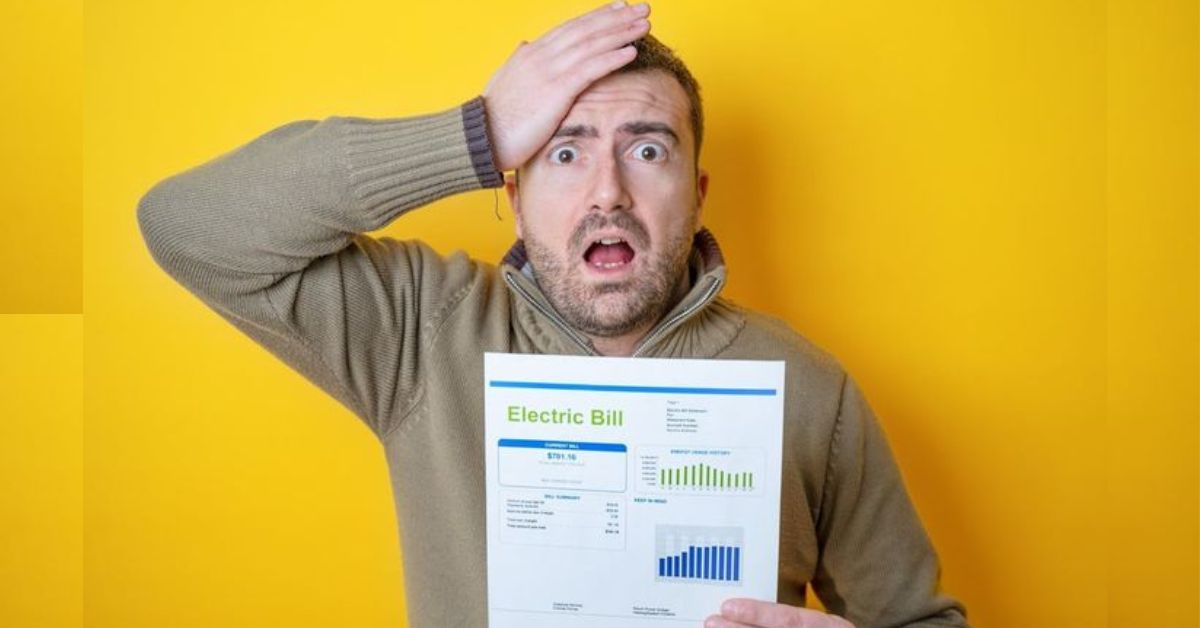In 2025, keeping your finances on track feels like a challenge with prices creeping up for everything from groceries to gas. But a solid budget can turn that stress into control. At NQTV365, we’ve spent years perfecting budgeting strategies that fit real life, helping you save for a dream vacation, clear debt, or just sleep better at night. A good budget isn’t about saying no to fun it’s about saying yes to your goals. With costs rising, a clear plan lets you prioritize what matters without feeling squeezed. This guide shares our best budgeting tips for 2025, from a simple income-splitting trick to tools that make tracking a breeze. Whether you’re new to budgeting or want to level up, these practical steps will keep your money working for you. Let’s dive into mastering your finances for a stress-free 2025.
Why Budgeting Is Your Financial Superpower in 2025
A budget is like a GPS for your money it shows you where you’re going and keeps you from getting lost. In 2025, everyday expenses are climbing, with food and rent taking bigger bites out of your paycheck. Without a budget, it’s easy to spend on small things, like takeout or subscriptions, and wonder where your money went. A budget helps you spot those leaks and redirect cash to what counts, like building an emergency fund or paying off a loan. It’s not about restrictions; it’s about freedom to live on your terms.
For example, splitting your income into clear buckets 50% for must-haves like rent, 30% for fun like movies, and 20% for savings or debt creates balance. This 50/30/20 rule is a favorite because it’s simple and flexible. If you earn $3,000 a month, that’s $1,500 for bills, $900 for enjoyment, and $600 for future goals. In a year, that’s $7,200 saved without feeling deprived. Budgeting empowers you to handle surprises, like a sudden car repair, with ease.
Step-by-Step Guide to Build Your 2025 Budget
Creating a budget that sticks is easier than you think. Here’s how to do it:
- Figure Out Your Income: Add up your monthly take-home pay, including any side gigs. If you clear $3,500 after taxes, that’s your base.
- Track Every Expense: For one month, write down everything you spend rent, coffee, subscriptions. Small stuff adds up fast, like $10 daily snacks costing $300 monthly.
- Choose a Budgeting Method: The 50/30/20 rule works for most, but if rent eats up more, try 60/30/10 to adjust. Test what feels right.
- Use Tools to Stay Organized: A notebook works, but budgeting apps simplify tracking. We’ve found apps save time by showing spending patterns instantly.
- Set Clear Goals: Want to save $3,000 for a trip or pay off $2,000 in debt by July 2025? Write it down to stay focused.
We’ve tried budgeting both ways pen and paper versus apps and apps make it easier to catch overspending early. Check your budget weekly to stay on course, tweaking as needed if you splurge one day.
Dodging Common Budgeting Traps
Even the best budgets can flop if you’re not careful. One big trap is forgetting irregular expenses, like car insurance or holiday gifts, which hit hard if unplanned. Set aside $50-$100 monthly for these surprises. Another mistake is making your budget too tight cutting out all fun, like dining out, makes you quit. Allow $100 for hobbies to keep it doable.
Skipping tracking is another killer. Without checking, you might spend $200 on takeout and not notice. Daily logs, even for five minutes, keep you honest. Also, don’t ignore small expenses a $5 coffee habit can hit $1,500 a year. Review subscriptions and cancel ones you rarely use. Finally, avoid unrealistic goals. Saving half your income is tough if bills take most of it. Start with 5% savings and build up. We’ve seen budgets thrive when they’re practical and let you live a little.
Keeping Your Budget on Track
Staying committed to your budget is about small, smart habits. Pick goals that excite you, like saving for a new gadget, to stay motivated. Automate savings $100 a month becomes $1,200 by year-end without thinking. Check your spending weekly to spot issues, like overspending on clothes, and adjust fast. If gas prices jump, cut back on non-essentials like streaming services.
Share your goals with a friend it’s easier to stick to it together. If you overspend one month, don’t give up; tweak next month’s plan. Cooking at home twice a week can save $200 monthly. In 2025, with costs up, these habits keep your budget strong. We’ve found consistency beats perfection just keep going.
Conclusion
Mastering your money in 2025 starts with a budget that works. NQTV365’s tips using the 50/30/20 rule, tracking expenses, and setting realistic goals make it easy to save more and stress less. Whether you’re aiming for debt freedom or a big purchase, these steps fit any lifestyle. Start today: list your income, track spending, and pick a method you’ll stick with. Visit NQTV365 for more ways to take charge of your finances. Disclaimer: This article is for informational purposes only and does not constitute financial advice. Consult a professional for personalized guidance.
Author
-

Marcus Hale is a finance professional turned content creator who specializes in personal finance, stock market analysis, crypto trends, and smart investing strategies. Known for simplifying complex financial concepts, Marcus helps readers make confident money decisions. Whether you’re budgeting, investing, or tracking global markets, Marcus delivers timely advice with clarity and authority.







